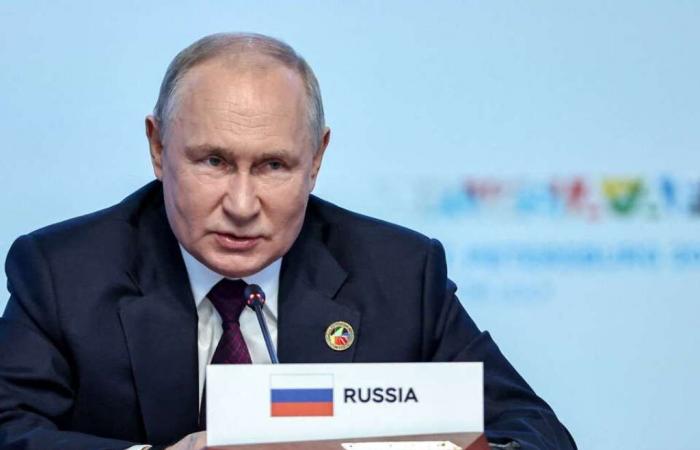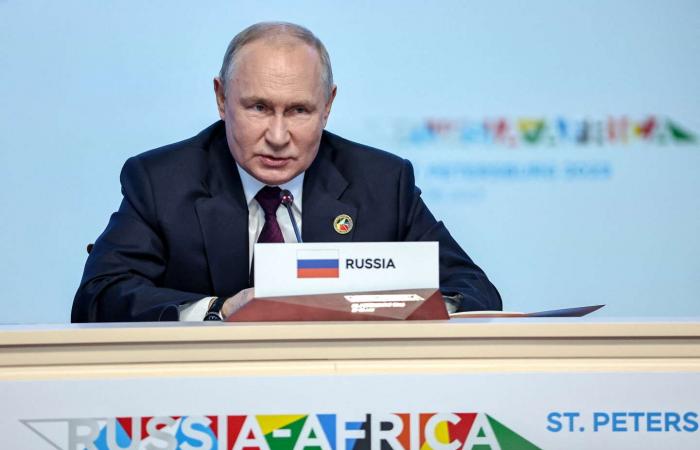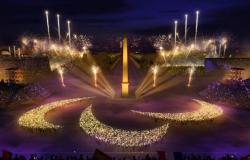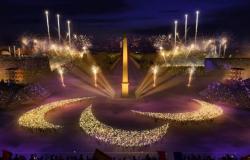This is the story of a strategic error committed by French authorities. Thinking they were doing the right thing, at a time when the President of the Republic, Emmanuel Macron, was aiming to build a relationship of trust with Vladimir Putin, they unwittingly opened the doors of French-speaking Africa to the Russian bear. On September 25, 2017, the French president received his Central African counterpart, Faustin-Archange Touadéra, at the Elysée Palace. To help him equip his army, which was struggling to control its territory outside Bangui, he offered to provide him with 1,500 Kalashnikovs seized by the French Navy off the coast of Somalia in March 2016. He owes him that much. A year earlier, against the advice of the Central Africans, who did not hide their concern about the instability caused by armed groups, his predecessor, François Hollande, unilaterally ended Operation Sangaris, launched at the end of 2013.
Since the Central African Republic is subject to a United Nations arms embargo, such an operation requires the approval of the United Nations Security Council. It is therefore necessary to convince the permanent members, starting with Russia. Emmanuel Macron then advises Mr. Touadéra to plead his case to Moscow. A few weeks later, on October 9, 2017, the latter is received by the Russian Minister of Foreign Affairs, Sergei Lavrov, in Sochi, on the shores of the Black Sea. There is no question of him letting such an opportunity pass him by. The French are bringing him a potential new African ally, and he will not let it go.
A former French colony, a failing state, a deep security crisis, potentially prolific mineral resources… The Central African Republic is a prime target for expanding Russian influence in Africa. Mr. Lavrov therefore gives Mr. Touadéra much more than a simple agreement for the delivery of 1,500 Kalashnikovs. He offers him a long-term partnership, consisting of arms deliveries, military cooperation and mining operations. The Central African president, eager to consolidate his fragile power, sees this as a godsend. The deal is quickly concluded. “We were all navel-gazing a bit without paying attention to what the Russians were preparing.”retrospectively recognizes a former diplomat from the Africa department of the Quai d’Orsay.
Read also | Article reserved for our subscribers How the Central African Republic became the laboratory of Russian propaganda in Africa
Add to your selections
At the end of January 2018, a Russian Air Force Ilyushin-76 landed on the tarmac of Bangui airport. On board were weapons and military equipment. Other similar deliveries followed. These were soon accompanied by dozens of mercenaries from the Wagner paramilitary group, whose existence Moscow did not acknowledge. Officially, the men who landed were “instructors”, as in the finest hours of the Cold War.
You have 87.56% of this article left to read. The rest is reserved for subscribers.








